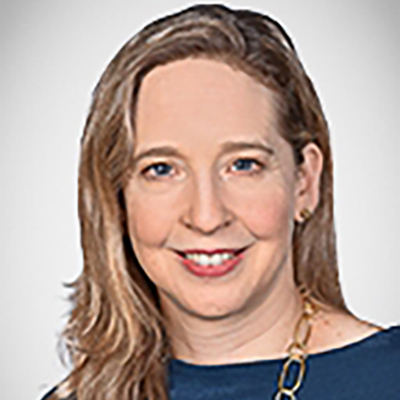
Rebecca Kaltman, MD
Executive Director, Saville Cancer Prevention Center
In this edition of Grand Rounds in Hematology and Oncology from May 2023, Hillary S. Maitland, MD, University of Virginia, Charlottesville, Virginia, introduces Rebecca Kaltman, MD, Executive Director of the Saville Cancer Screening and Prevention Center at Inova, Fairfax, Virginia. In this 43-minute presentation, Dr. Kaltman presents a compelling case for technology’s transformative potential in addressing cancer disparities, asserting that the future of early detection lies in harnessing emerging technologies—provided these tools are developed equitably.
Dr. Kaltman frames the talk around persistent disparities in cancer screening, citing data from major reports like the AACR Cancer Disparities Progress Report and the President’s Cancer Panel. Examples include the underutilization of advanced breast imaging among Black women and lower cervical cancer screening rates among LGBTQ+ individuals. These disparities are attributed to multifactorial barriers, including limited access, systemic bias, and inadequacies in current screening guidelines.
Dr. Kaltman introduces the concept of “precision prevention,” where tools like AI, polygenic risk scores, and next-generation sequencing enable personalized cancer risk assessments. She highlights real-world applications such as self-collected HPV tests for cervical cancer screening and AI-assisted diagnostics in breast, lung, and pancreatic cancers. Natural language processing and better use of electronic health records are practical ways to automate and expand access to genetic counseling and risk-based screening.
She acknowledges the pitfalls of emerging technologies and warns against the risk of exacerbating disparities if development and deployment aren’t inclusive. She advocates for considering digital determinants of health—like internet access and digital literacy—in technology design.
To address her concerns, Dr. Kaltman shares the organization and research efforts of the Saville Cancer Screening Center, stressing the need for intentional innovation to ensure all communities benefit from cancer prevention and care advances.
